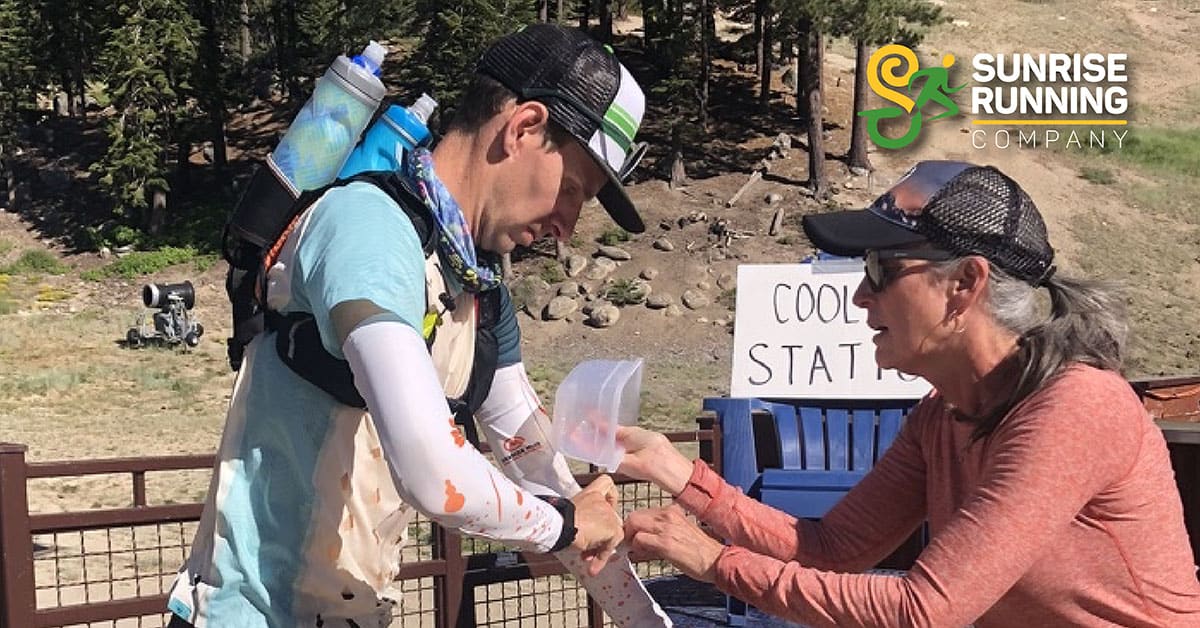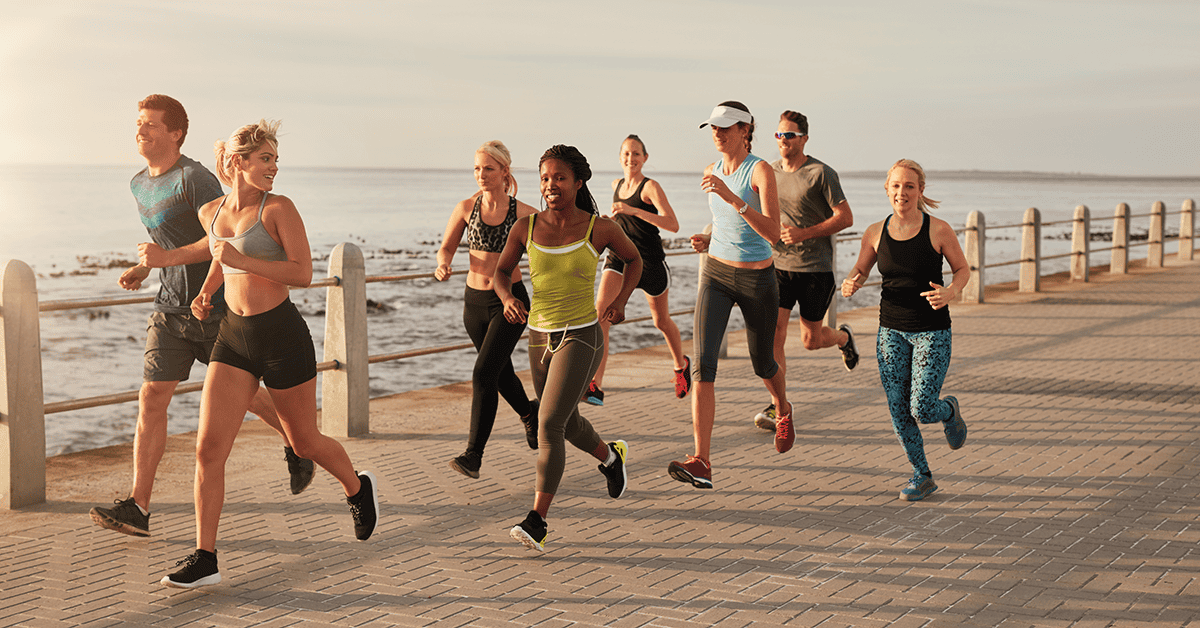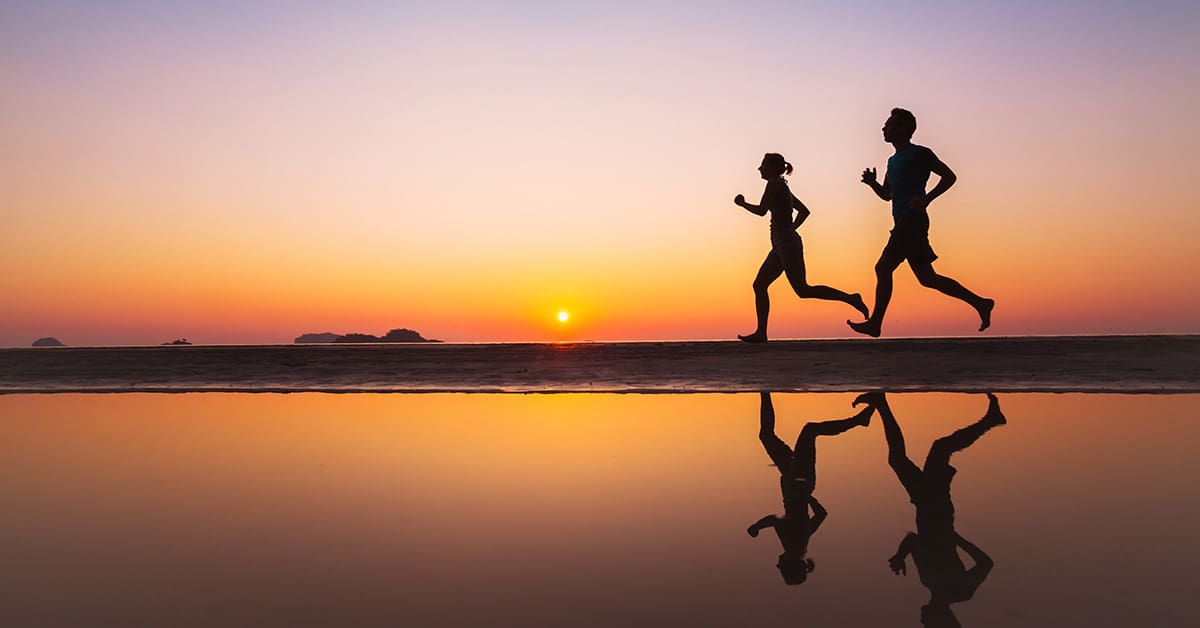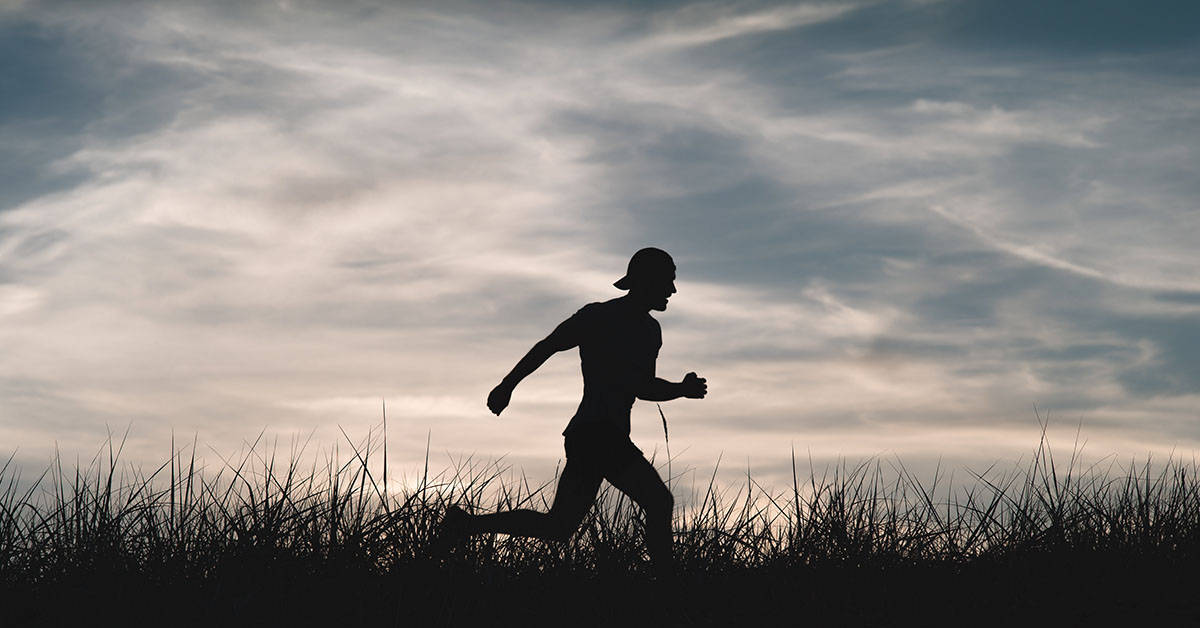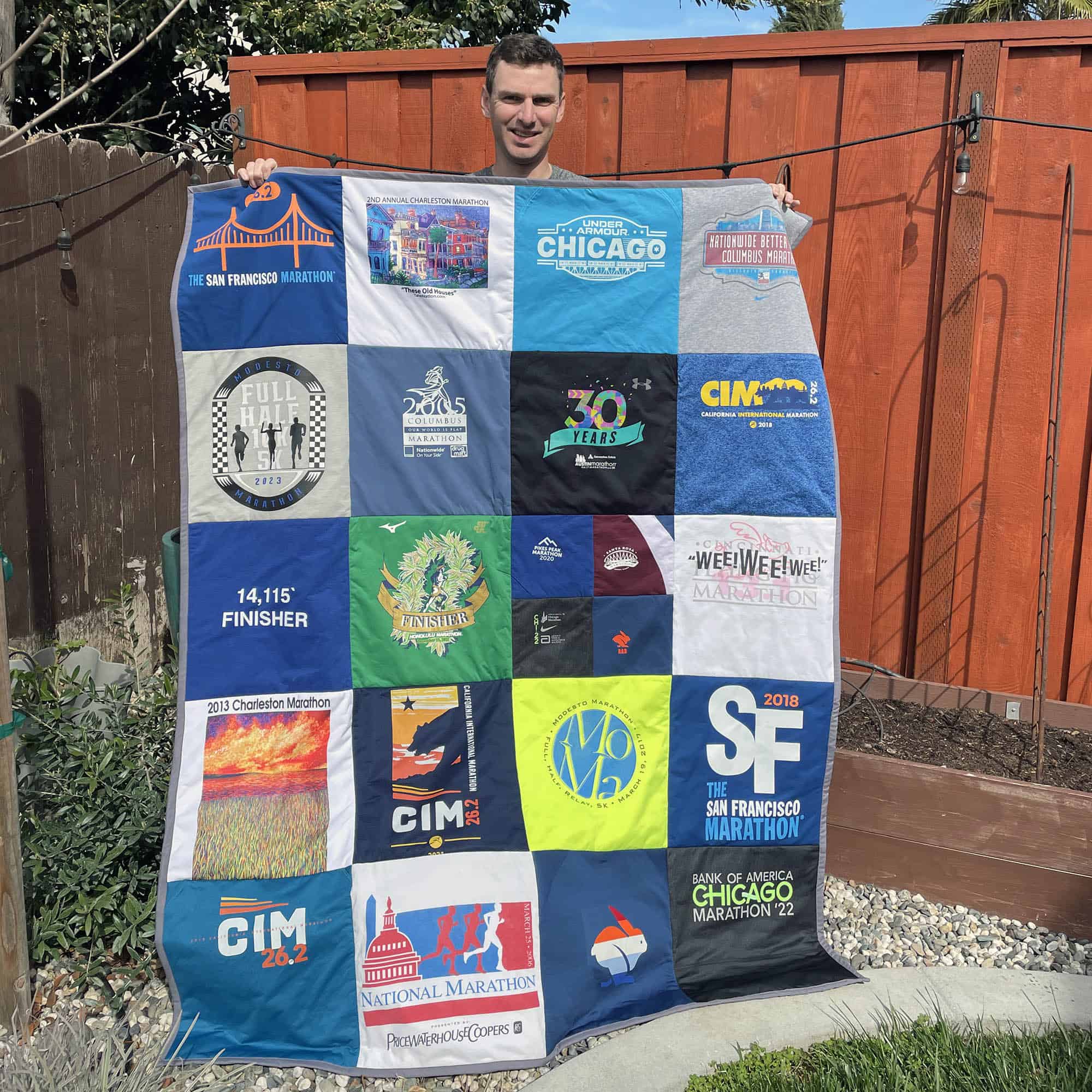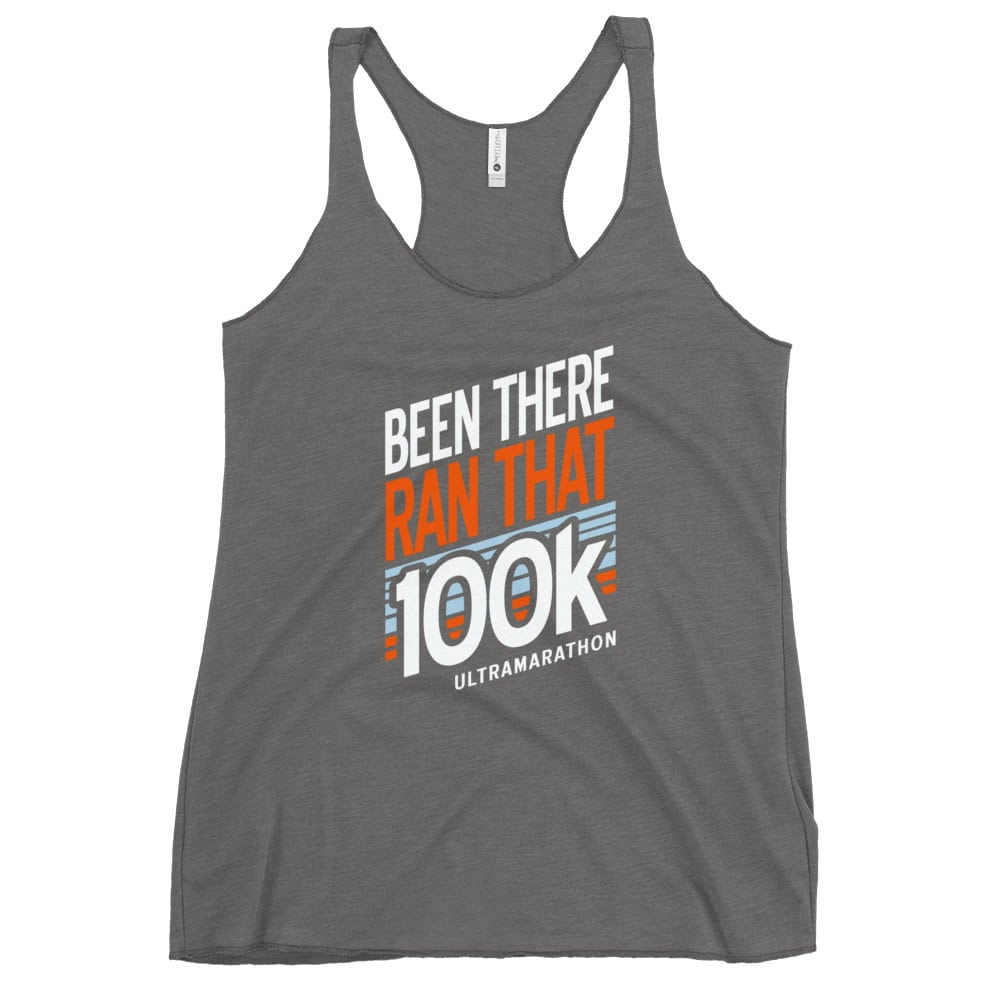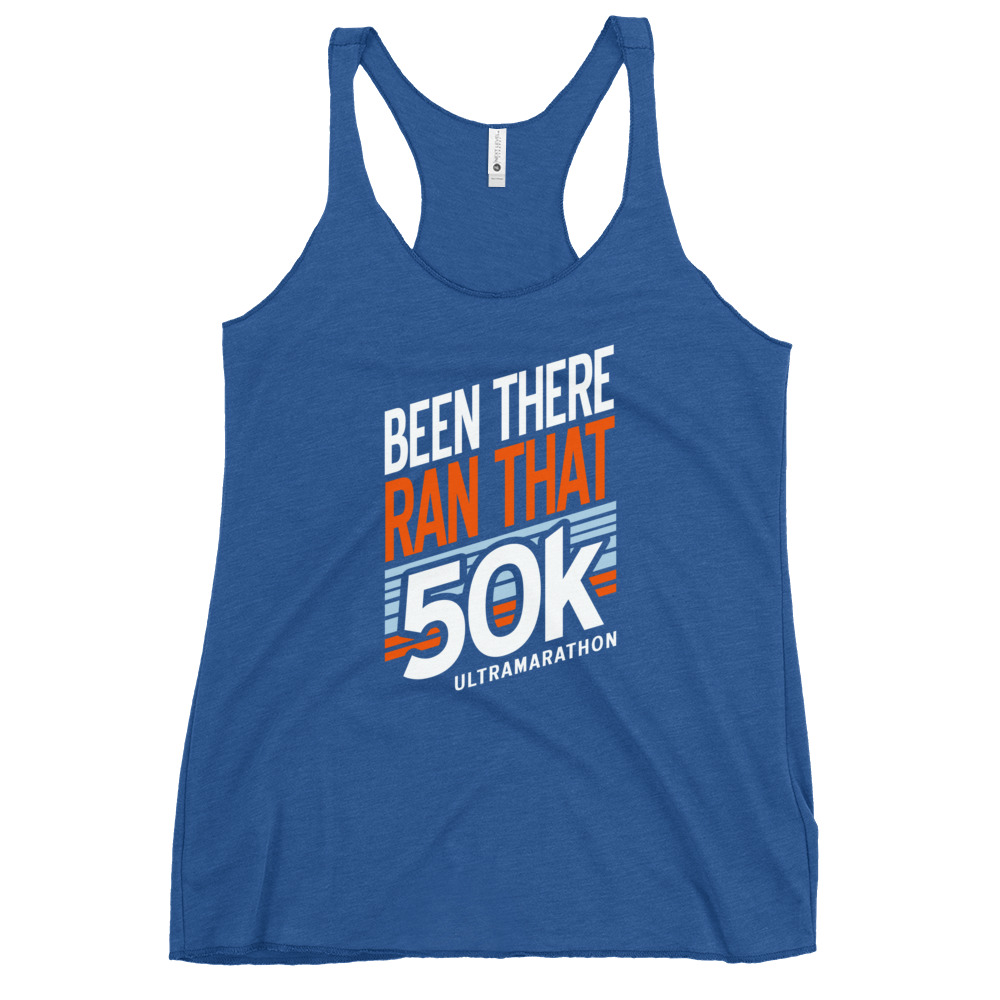Ultra Running in the Heat
As intense heat waves continue to affect areas all over the United States, it’s more likely than ever that runners who participate in summertime ultra races will have to contend with soaring temperatures. While it’s thought that the optimal temperature for distance racing is around 40 degrees Fahrenheit, temperatures during most ultramarathons taking place during the summer months will be much, much hotter. Ultra running in the heat can also be a safety concern – dehydration can easily escalate into heat exhaustion in high temperatures. Going into these races with a strategy can help prepare you to deal with heat stress and stay safe while continuing to perform. Read on for more tips on how to run an ultra in the heat.
During Training
If you’ve signed up for a summertime ultra, exposing yourself to warmer weather during your training is essential so that you don’t have to acclimate on race day. With repeated heat exposure during exercise over time, your body will initiate adaptations (like increased sweating) to reduce your heat stress response. However, while acclimatization will minimize the negative effects of heat training, it’s also important to focus on strategies that can improve your performance for ultra running in the heat. Hydration throughout the day is perhaps the most important (and overlooked) aspect of improving performance in the heat. When you are able to maintain hydration status all day, you can ensure that you aren’t starting to train with a hydration deficit. Further, planning out fluid intake during training can give you insight into how you need to hydrate during your race to avoid dehydration and heat stress.
Pre-race
Intuitively, you don’t want to start a race feeling hot and sweaty. Research has established that pre-race cooling is effective at improving performance among endurance athletes specifically. While you may not have access to an ice vest or an air-conditioned vehicle near the starting line, a good option is to drink an ice cold drink (Slurpees, anyone?!) immediately before starting your race. A 2010 study found that ingesting an ice slurry immediately before a race resulted in lower core temperatures and improved performance among participants racing in hot weather. The group of runners who ingested an ice slurry pre-race were able to continue running at a pace for 10 minutes longer than the group that consumed cold water only.
During the race
While it’s inevitable that your core temperature will increase while ultra running in the heat, several strategies can help you minimize the increase and physiological adaptations that will affect your performance. Cooling as much of your skin as possible is a major factor in maintaining performance: when your core temperature rises, your body directs more blood flow near the surface of your skin for cooling. When you’re able to cool down faster, that blood becomes available more quickly to be used where it’s most needed (i.e., your working leg muscles!). When you stop to hydrate, try misting your face, chest, and shoulders with water. When ultra running in the heat, many races offer ice buckets or sponges to cool runners off quickly. This can also have the added benefit of reducing your perceived exertion rate during the race.
Post-race
You’ll want to make sure you continue to monitor your body after your race to maximize your recovery and avoid heat stress. Once you’ve crossed the finish line, keep hydrating to replace the fluids you lost throughout your race. Ultra races are multi-hour events, so it’s crucial not to overlook your hydration as your body recovers. Otherwise, continue to cool as much of your skin as possible through misting, ice packs, wet towels, etc.
Ultra Running In the Heat Conclusion
With extra planning built into your training and race day strategy, you won’t necessarily need to compromise your performance if you choose to run an ultramarathon in the heat. If at any point in your training or during your race you feel the signs of heat exertion (dizziness, nausea, chills, lack of sweat), stop running and seek shade, water, and medical assistance. If you need help developing a training plan for ultra running in the heat, Coach Andrew at Sunrise Running Company can help you meet your goals.
A Training Plan that Works for You.
Our collection of running plans will help you train year-round. From 5k to a 100-mile ultramarathon, we have a training plan built for your experience level and goals. Every plan is delivered via Final Surge, allowing you to sync workouts across devices, receive daily reminders of workouts and activities, and analyze workout and target zone details. Get started today with a training plan built for you, view our running plans here.

